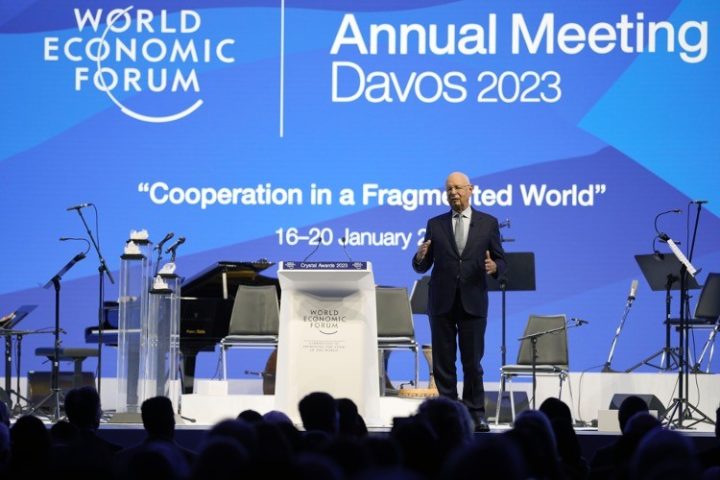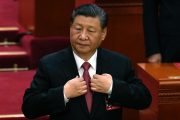
The 2023 World Economic Forum opens today at the Swiss ski resort of Davos. For several years, the annual confab of jet-setting heads of state, entertainers, financiers, and other globalist elites has been subject to cancellations and delays, owing to the pandemic. This year, its 53rd, it has returned to its traditional January time slot, where it has become one of the most important global venues for would-be planetary managers to align their New Year’s agendas.
This year, the four-day get-together in Davos is all about systemic change, as the 2023 program makes clear. Invoking the fragility of a global system ravaged by the Covid pandemic and the Russia-Ukraine War, the program lays out five agenda items targeting comprehensive systemic change:
- Addressing the Current energy and Food Crises in the context of a New System for Energy, Climate and Nature.
- Addressing the Current High Inflation, Low Growth, High Debt Economy in the context of a New System for Investment, Trade and Infrastructure.
- Addressing the Current Industry Headwinds in the context of a New System for Harnessing Frontier Technologies for Private Sector Innovation and Resilience.
- Addressing the Current Social Vulnerabilities in the context of a New System for Work, Skills and Care.
- Addressing the Current Geopolitical Risks in the context of a New System for Dialogue and Cooperation in a Multipolar World.
Global elites profess to be spooked by many trends that could undo the globalization of the last several decades, including the decoupling of the Chinese economy from the rest of the world and the towering levels of debt and inflation that threaten to topple the entire world financial and economic system. Warns the introduction to the WEF’s 2023 program, “For the first time since the 1970s, the world is facing a precarious disequilibrium with growth and inflation moving in oppositive directions. This is occurring alongside heightened geo-economic fragmentation, financial sector vulnerabilities … and a climate crisis spiraling out of control.” And The Guardian’s Larry Elliott, in a piece highlighting the gloomy mood at Davos this year, lamented that “the golden age of globalisation in the late 1990s and early 2000s is now a fast-fading memory.”
Would that globalization goes the way of the woolly mammoth! But rumors of its demise are premature, to say the least. While this year’s Forum may not feature as much confident rhetoric about great resets, the zeal of globalists — as well as their financial and political power bases — remain undiminished. As always, Davos will serve as a sounding board for new globalist agenda items bandied about in the semi-secrecy of WEF working groups meeting alongside the many public sessions. Tomorrow, for example, a public session featuring no less an eminence than historian and economist Niall Ferguson will consider the topic “De-Globalization or Re-Globalization?”
And without a doubt, those in the WEF’s inner sancta will be working to insure the latter, not the former.



